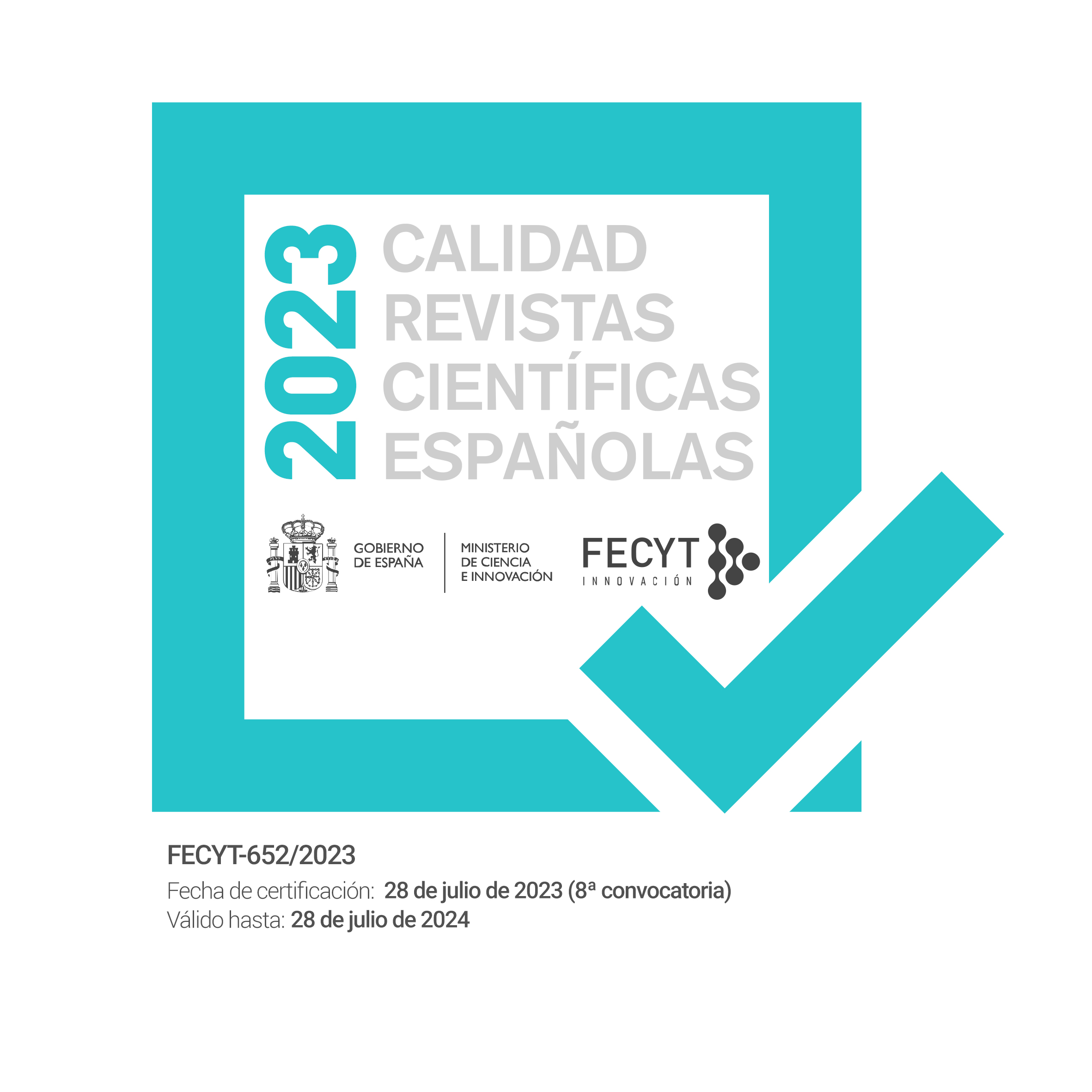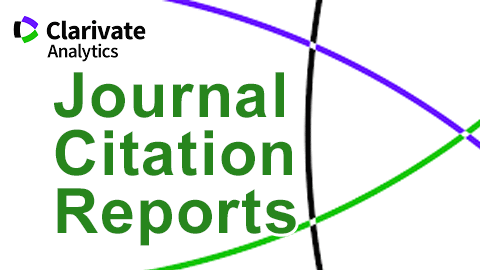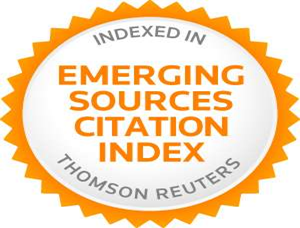Knowledge-based rules for the extraction of complex, fine-grained locative references from tweets
Abstract
The automatic analysis of user-generated text content from social media involves the challenge of extracting the locative references mentioned in microtexts, so that their geographic coordinates can be identified and the locations can be pinpointed on a map in geolocation systems. The goal of this article is to describe a knowledge-based model that captures a wide variety of locative references, ranging from geopolitical entities and natural landforms to points of interest and traffic ways.
Downloads
Global Statistics ℹ️
|
329
Views
|
298
Downloads
|
|
627
Total
|
|
References
Ahlers, D. (2013). Assessment of the accuracy of GeoNames gazetteer data. In Proceedings of the 7th Workshop on Geographic Information Retrieval - GIR ’13 (pp. 74-81).
https://doi.org/10.1145/2533888.2533938
Ahmed, M. F., Vanajakshi, L., & Suriyanarayanan, R. (2019). Real-Time Traffic Congestion Information from Tweets Using Supervised and Unsupervised Machine Learning Techniques. Transportation in Developing Economies, 5(2). https://doi.org/10.1007/s40890-019-0088-2
Downloads
Published
How to Cite
Issue
Section
License
Attribution - Non-commercial (CC BY-NC). Under this license the user can copy, distribute and publicly display the work and can create derivative works as long as these new creations acknowledge the authorship of the original work and are not used commercially.
Authors retain the copyright and full publishing rights without restrictions.









